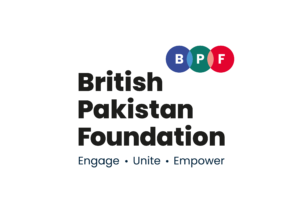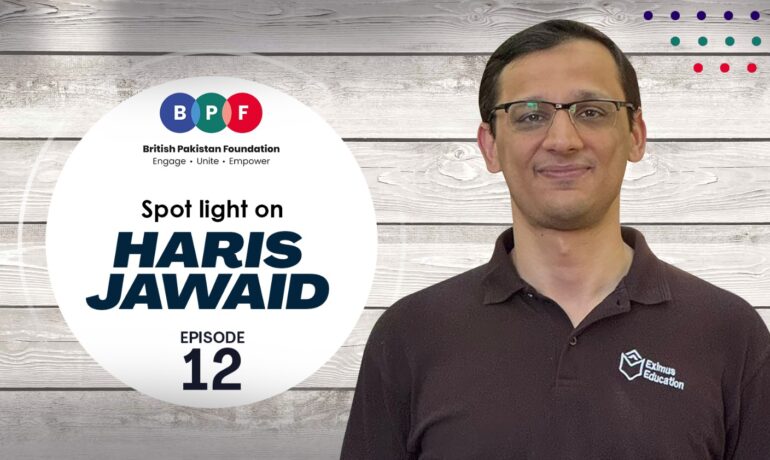Taking the leap: The Infosys Challenge and Beyond: Part II by BPF memberBizGees
The next step for BizGees was to decide whether to take the project forwards. As a team they felt conceptually there was merit in what they had come up with. Now they were entering the chaos of the startup world. They applied to over five accelerator programmes, pitched three times before being accepted onto the F10 programme. This took them 6 months to achieve. During this time, only two of the six initial members from the FinTech Jam were left.
The BizGees team managed to onboard some key advisers during this time. One adviser – Kilian Kleinschmidt – was an ex Deputy UNHCR Representative and Senior Field Coordinator for UNHCR at the UN Camp they were looking to target in Jordan. The other specialised in Micro Chain – a version of blockchain they were looking to use. Francis Chen was the technical lead at MIT during his Master’s on the Micro Chain project.
From a product development perspective, BizGees managed to generate a specialist micro financial service for refugee entrepreneurs. Along the way the team took a trip to Jordan along with their F10 Mentors. They met refugee entrepreneurs in Zaatri the UN camp in Jordan. This gave them a first hand insight into the lives of the refugees they were looking to support and the daily constraints the refugees have experienced to access supplies for their businesses.
BizGees now offer refugee entrepreneurs access to business-in-a-box solutions that will help refugees become successful entrepreneurs while they add value to their host countries. This pivotal change in direction took their supporters by surprise. BizGees felt it was important to find a low risk point of entry into the market. So they changed their geographical focus from Jordan to Uganda – where refugees have the right to work and experience a progressive environment. They also the changed from peer to peer micro loans to micro franchise fee loans because the impact of each loan was greater by factor of three. For instance, the training the refugees receive enables them to understand how to organise a business, how to engage with clients, how to manage inventory, how to organise business records, with six months of business mentoring.
This approach also helps BizGees support the host country micro entrepreneurs at the same time, without much additional costs or effort. Part of their offering now is to organise credit records for all the business-in-a-box entrepreneurs working with Wessex Social Ventures. All the micro entrepreneurs get to build up a business level identity that allows them to plug into mainstream financial system. This also allows BizGees to act as a feeder to other financial institutions.
For example, Kilian is now part of a SME bank (still a work in progress) backed by a sovereign fund to support SMEs in rural areas in the developing world. Another example are the UN Development goals that get supported along way. Each business-in-a-box solution essentially adds value to the local community by supporting at least 5 of the 17 UN Development goals at the same time.
BizGees have come long way in 15 months from FinTech Jam for Good. They are now capitalising on the growth of alternative finance and generating new forms of interest free financial service for high risks segments of society. They look forward to meeting more financial institutions who are willing to access the innovation they are generating on a win to win basis.
For more details on BizGees, visit the website: http://www.bizgees.org/
Spotlight On Haris Jawaid
This episode of Outstanding British Pakistanis features the remarkable
Award-winning writer Ishy Din leads brand new BPF Writers’ Lab for aspiring writers
Soho Theatre Walthamstow and British Pakistan Foundation have launched




